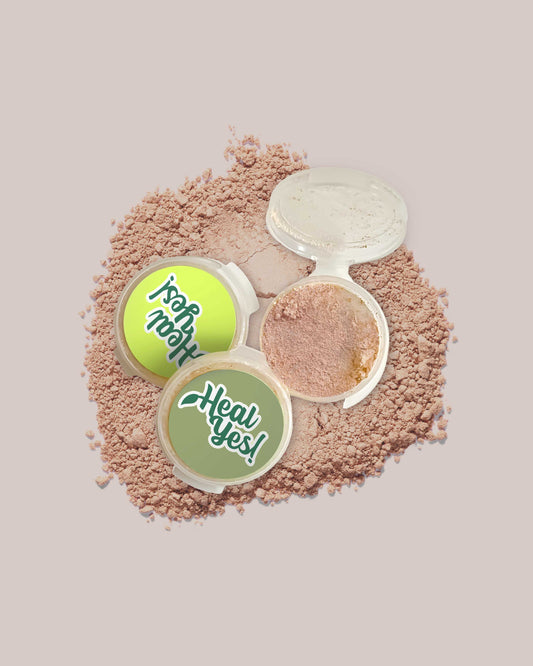Oatmeal, a staple breakfast option for many, is celebrated for its versatility and health benefits. However, like any food, it comes with both advantages and considerations. Let's discuss the pros and cons of oatmeal to help you make informed decisions about incorporating this popular grain into your diet.
Pros of Oatmeal:
Here's a list of the benefits of oatmeal:
-
Nutrient-Rich: Oats are a nutrient powerhouse, packed with essential vitamins, minerals, and antioxidants. They contain manganese, phosphorus, magnesium, and B-vitamins, contributing to overall health.
-
Heart Health: Oats are renowned for their heart-healthy properties. The beta-glucans, a type of soluble fiber present in oats, have been linked to reduced cholesterol levels, helping to support cardiovascular health.
-
Blood Sugar Control: The soluble fiber in oats also plays a role in stabilizing blood sugar levels. It slows down the absorption of glucose, making oatmeal a good choice for those managing diabetes or seeking to regulate blood sugar.
-
Satiety and Weight Management: Oatmeal's high fiber content promotes a feeling of fullness, which can aid in weight management by reducing overall calorie intake throughout the day.
-
Versatility in Preparation: Oatmeal is incredibly versatile. Whether you prefer it as a warm bowl of porridge, overnight oats, or added to smoothies, its adaptability makes it easy to incorporate into your daily routine.
Cons of Oatmeal:
While oatmeal undoubtedly boasts an impressive array of nutritional benefits, it's essential to consider potential drawbacks and individual preferences. Let's explore some of the cons of oatmeal that individuals may want to be mindful of.
One consideration is the caloric content of oatmeal, particularly when toppings and additives are factored in. While oatmeal itself is relatively low in calories, embellishing it with sugars, fruits, or nuts can contribute to a substantial increase in overall calorie intake. For those carefully monitoring their calorie consumption, being mindful of portion sizes and toppings becomes crucial to avoid unintended excesses.
Another aspect to be aware of is the presence of phytic acid in oats. Phytic acid is considered an anti-nutrient as it can bind to minerals, such as iron and zinc, potentially inhibiting their absorption in the body. To mitigate this effect, soaking oats before consumption can be a helpful practice, reducing the phytic acid content and enhancing mineral absorption.
While oats are naturally gluten-free, cross-contamination can occur during processing. This may pose a concern for individuals with gluten sensitivity or celiac disease. Opting for certified gluten-free oats becomes imperative for those who need to strictly avoid gluten in their diet.
Commercially available oatmeal products, especially instant varieties and flavored options, may come with added sugars. Excessive sugar intake is a well-known contributor to various health issues, including weight gain and increased risk of chronic diseases. Therefore, reading labels carefully and choosing plain or minimally processed oatmeal can help avoid unnecessary sugar consumption.
For some individuals, particularly those not accustomed to a high-fiber diet, the soluble fiber in oats may cause digestive discomfort. Issues like bloating or gas can arise, but these can often be alleviated by gradually incorporating oats into the diet, ensuring proper hydration, and choosing well-cooked or soaked preparations.
While oatmeal is a nutritious and versatile food, consider individual dietary needs and potential drawbacks. Being mindful of portion sizes, choosing minimally processed options, and addressing specific dietary considerations, such as gluten sensitivity or mineral absorption, can help individuals make informed choices that align with their overall health and wellness goals.
Here's a list of the downsides of oatmeal:
-
Caloric Content: While the fiber in oatmeal can contribute to a feeling of fullness, it's important to be mindful of portion sizes. Adding high-calorie toppings or consuming oversized servings can lead to excess calorie intake.
-
Phytic Acid Content: Oats contain phytic acid, an antinutrient that can bind minerals and reduce their absorption. Soaking oats before consumption can help mitigate this effect.
-
Gluten Contamination: While oats themselves are naturally gluten-free, cross-contamination can occur during processing. For those with gluten sensitivity or celiac disease, it's crucial to choose certified gluten-free oats.
-
Potential for Added Sugars: Many commercially available oatmeal products, especially flavored instant varieties, may contain added sugars. Checking labels and opting for plain or minimally processed options is advisable.
-
Flatulence and Digestive Discomfort: Some individuals may experience gas or bloating after consuming oatmeal, particularly if they're not accustomed to a high-fiber diet. Gradual incorporation and proper hydration can help alleviate these symptoms.
In conclusion, oatmeal can be a nutritious and wholesome addition to your diet, providing an array of health benefits. However, it's essential to be mindful of portion sizes, choose minimally processed options, and consider individual factors such as dietary preferences and potential sensitivities. By doing so, you can enjoy the goodness of oatmeal while making choices that align with your overall health and wellness goals.

















